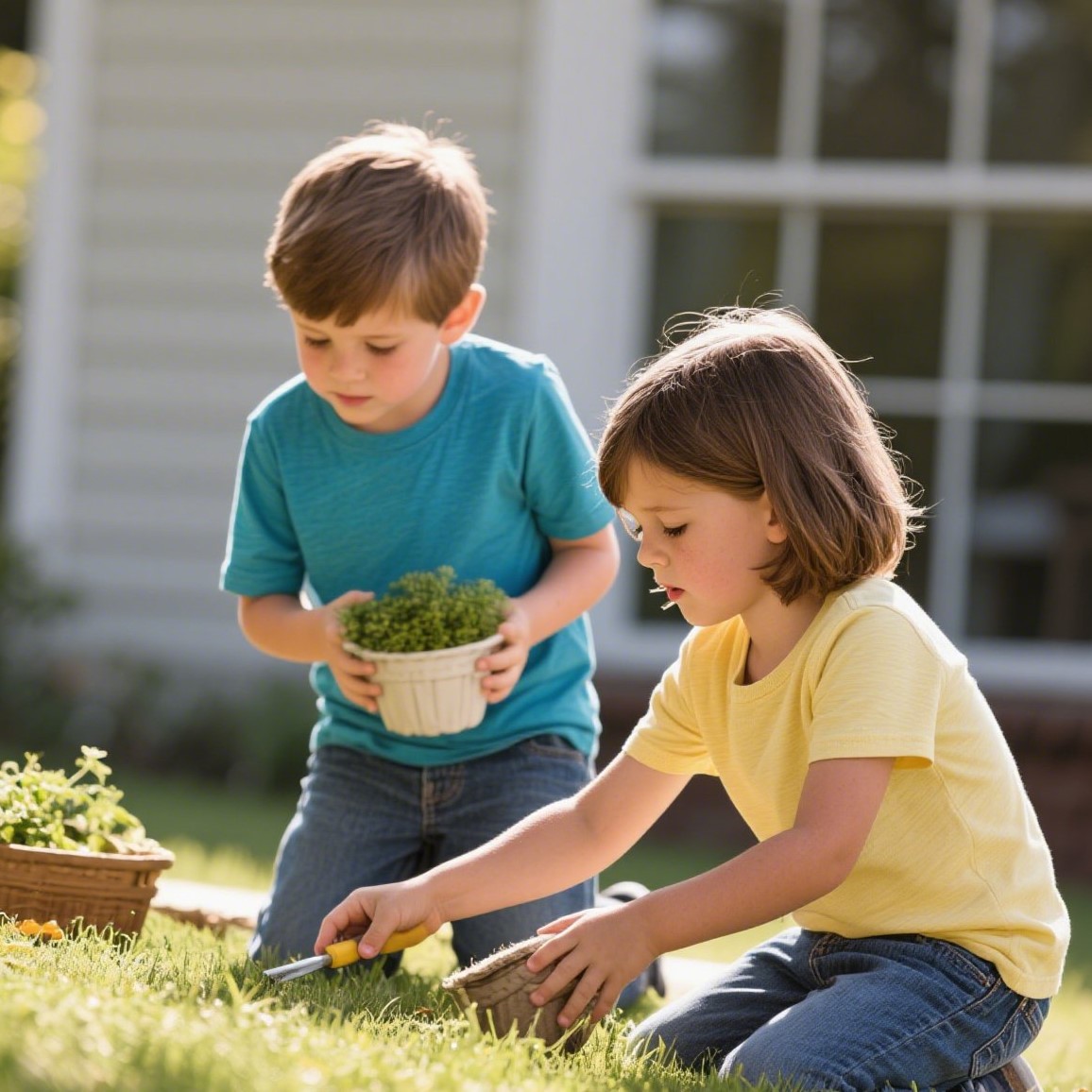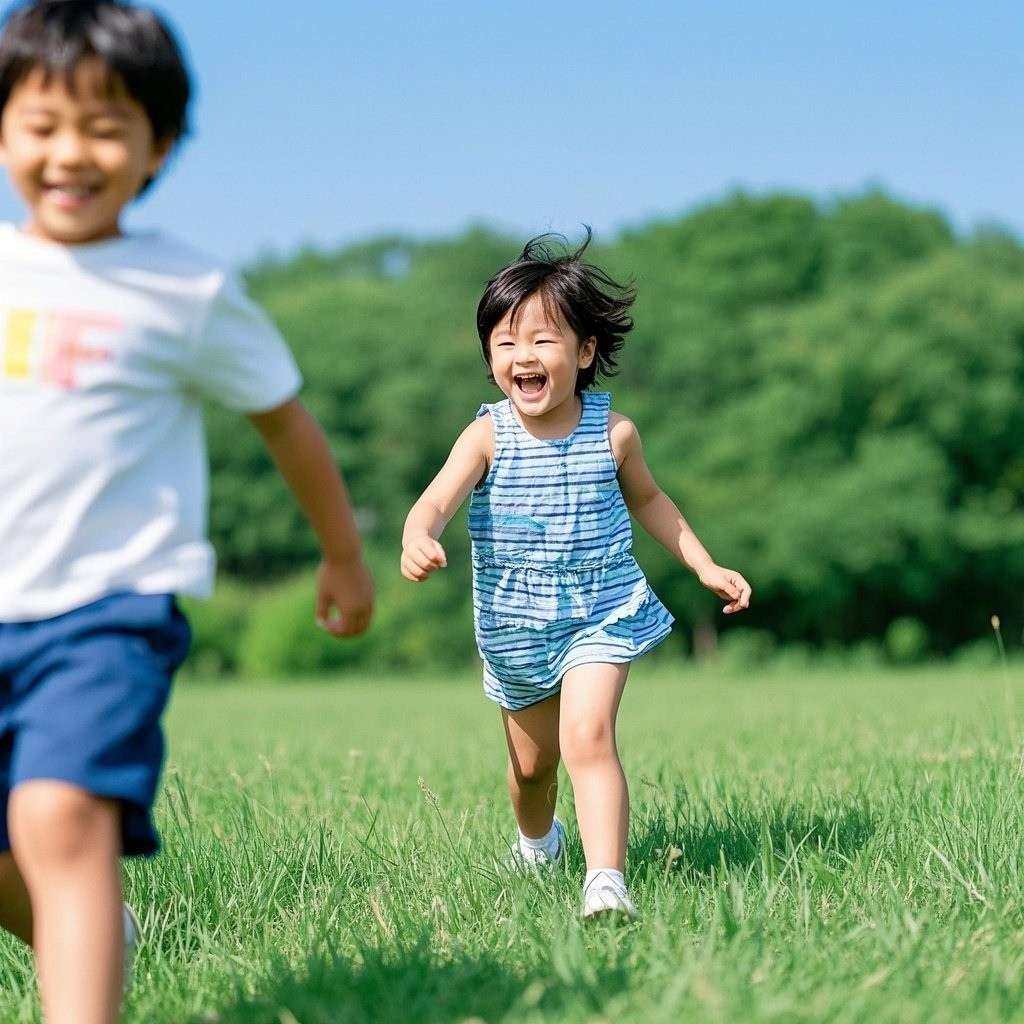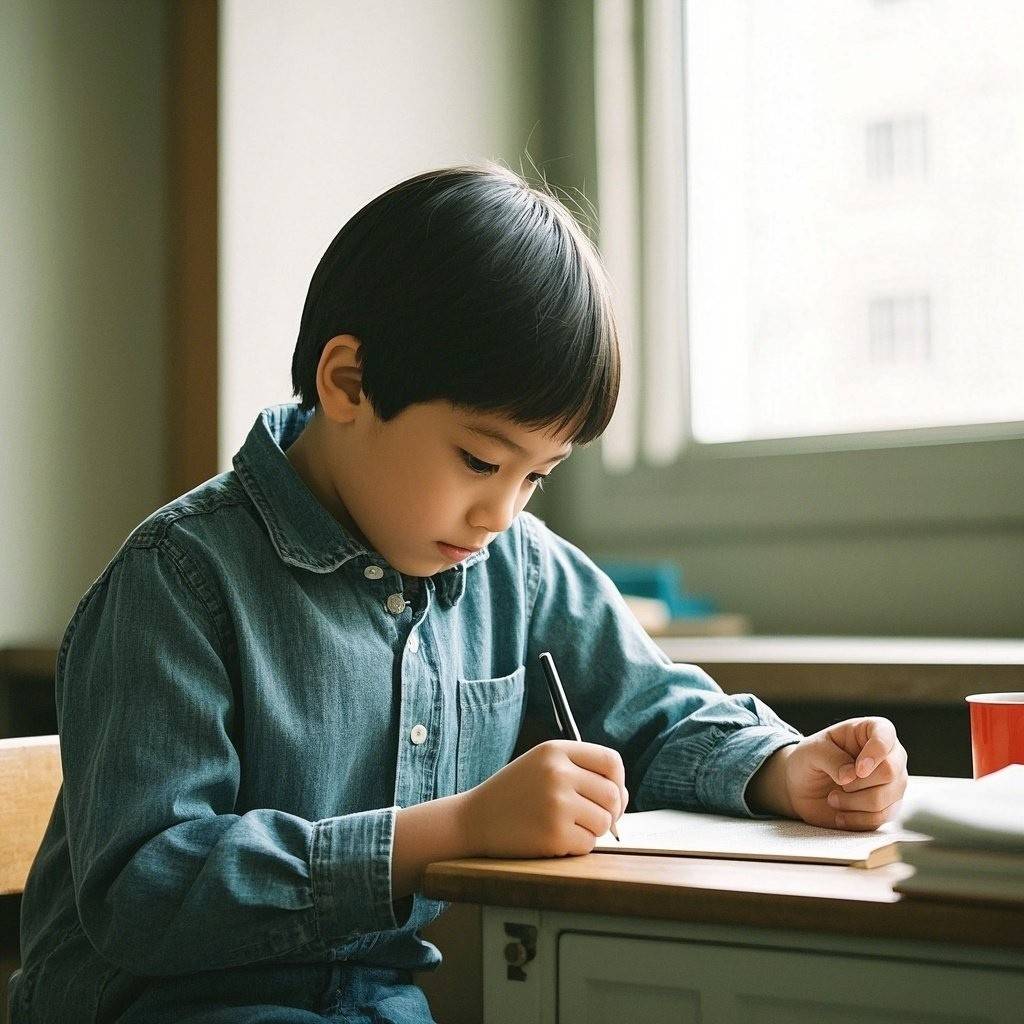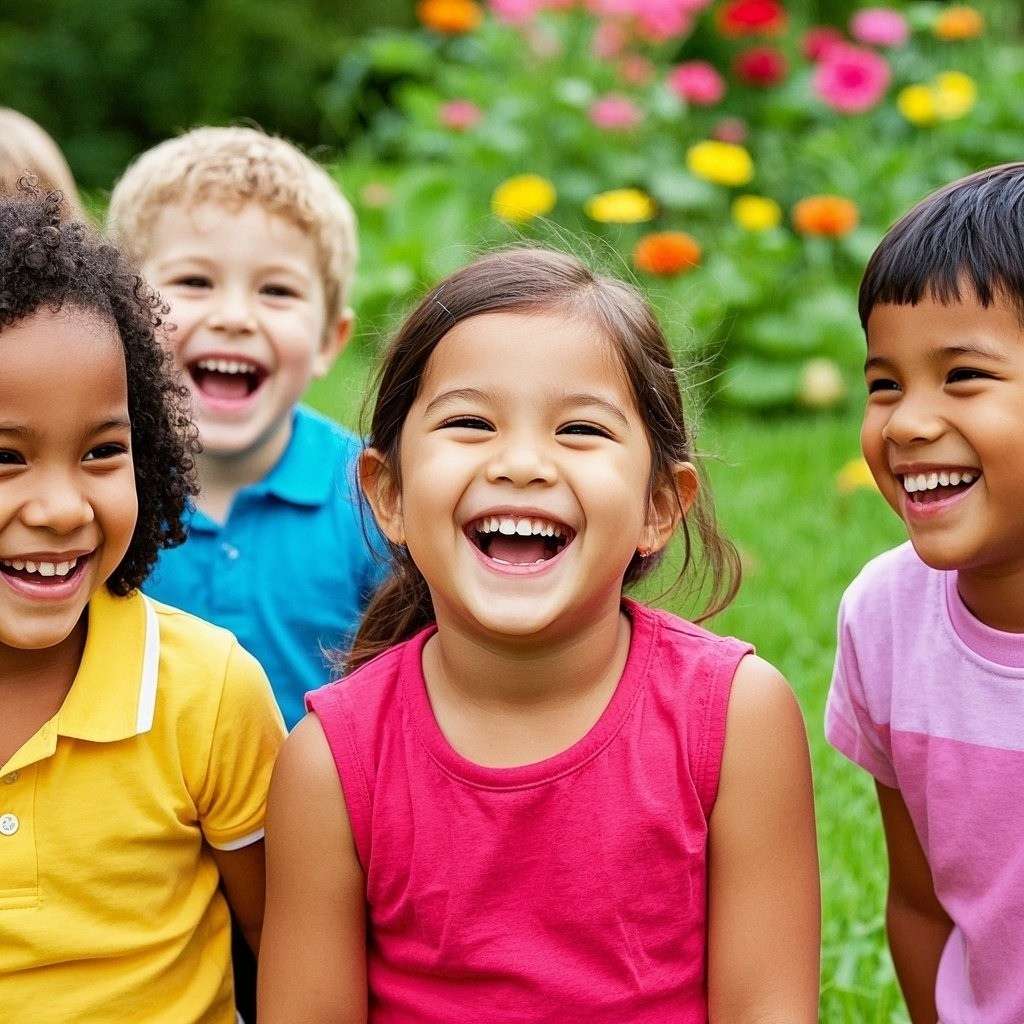Imagine this: A 6-year-old proudly feeds the family dog. A 9-year-old carefully sets the dinner table. A tween organizes their own school supplies without being asked.
To an outsider, these may seem like small chores. But to a child? These moments are mighty.
They are seeds of self-worth, accountability, and independence.
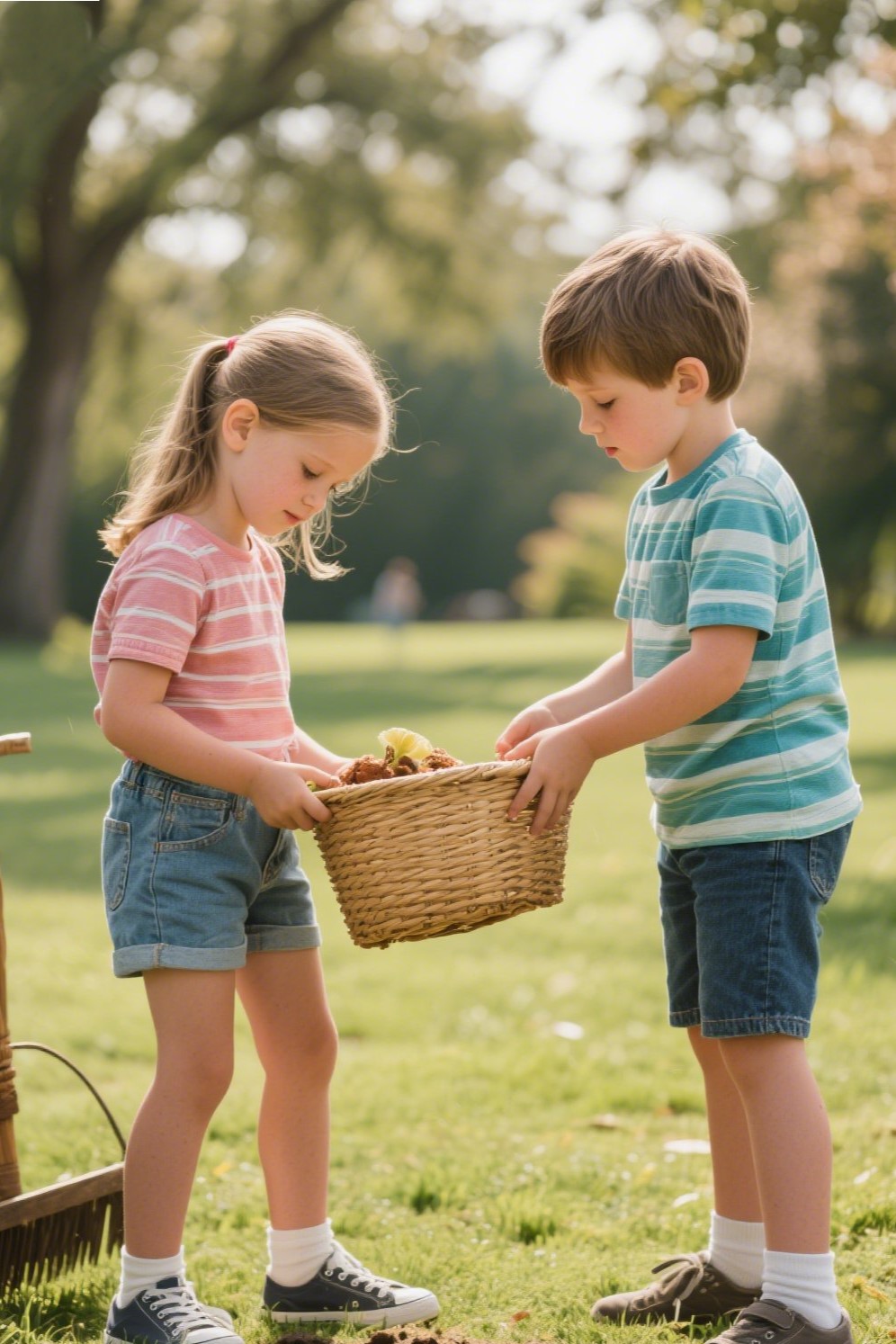
In a world that often rushes kids to grow up too fast—or shelters them too much from failure—giving children responsibilities is not a burden. It’s a gift.
Let’s explore why responsibilities matter so deeply—and how they shape not only what our children do, but who they become.
🧠 Responsibility Builds Real-World Skills
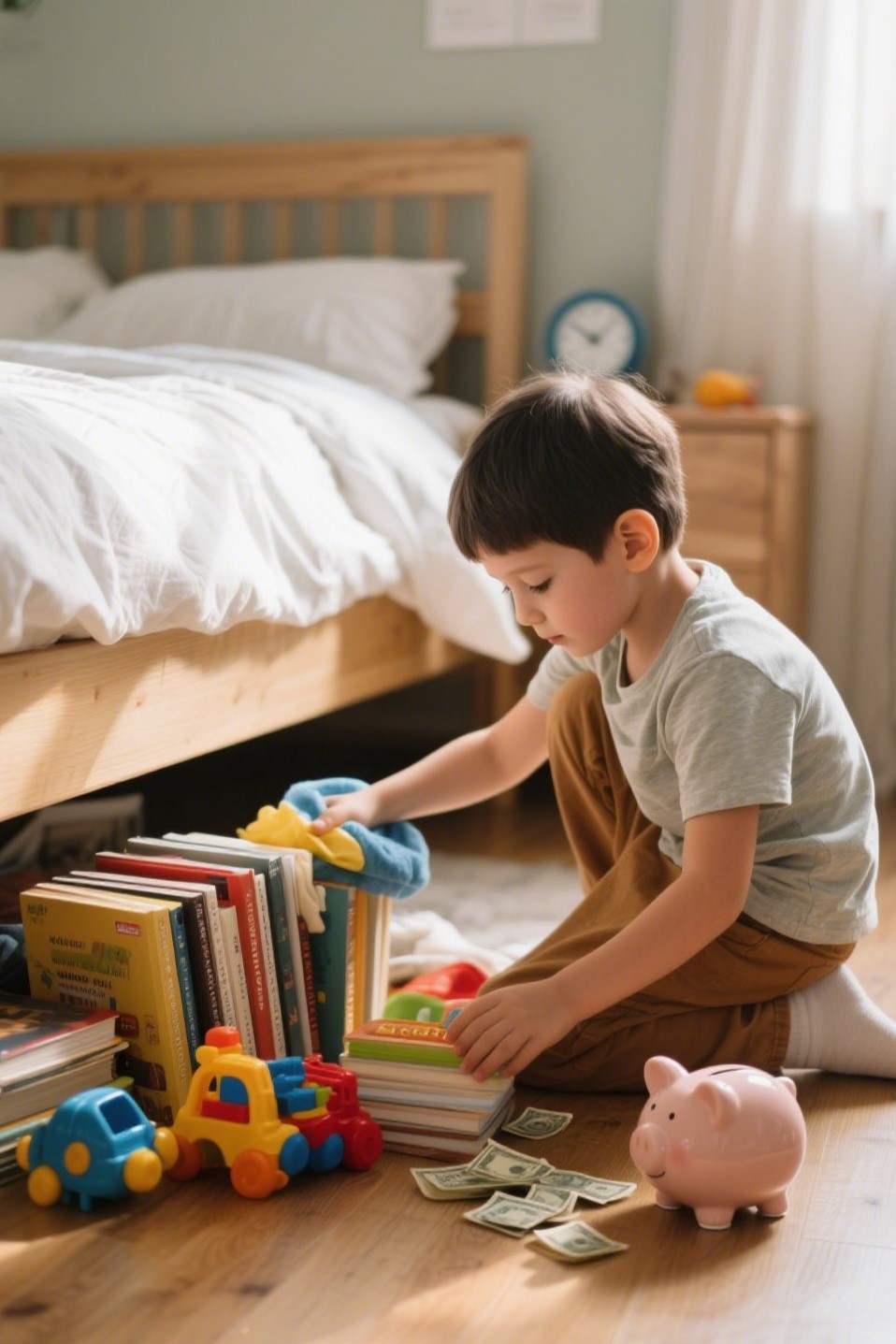
Sure, kids learn math in school. But can they tie their shoes? Pack their bags? Water a plant without turning it into a flood zone?
Giving children age-appropriate responsibilities introduces them to practical life skills they don’t always learn in classrooms. From making their bed to managing pocket money, these tasks build the foundation for problem-solving, time management, and even basic decision-making.
In short, responsibility teaches children how to be capable—not just smart.
🌱 It Grows Confidence, One Small Task at a Time
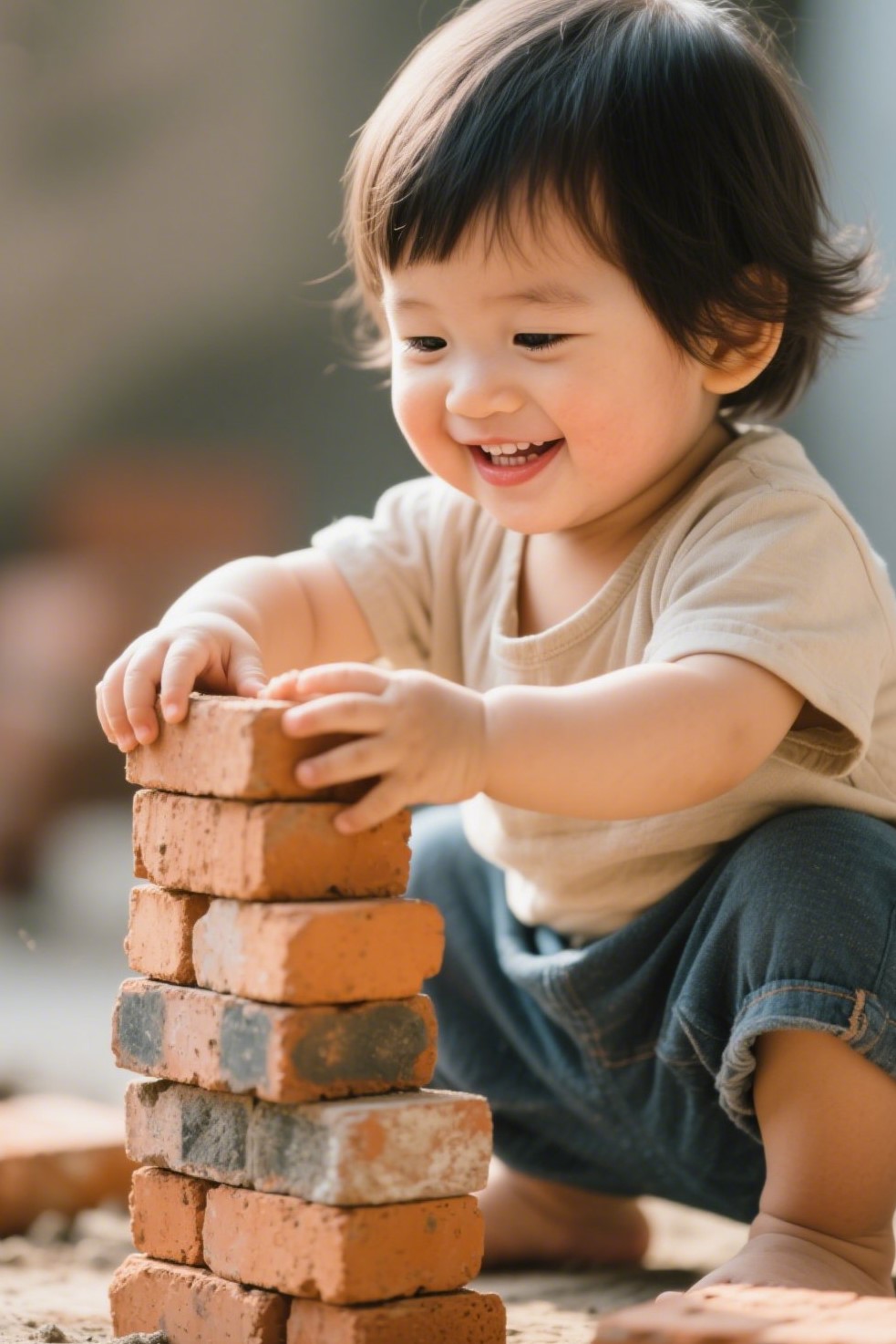
There’s a magic moment that happens when a child finishes something on their own:
“I did it.”
That quiet pride? That’s confidence being born. Every small responsibility, completed without nagging or help, adds a brick to their sense of capability.
When we let children take charge—of a chore, a pet, a routine—we’re saying, “I believe in you.” And eventually, they start to believe it too.
💪 Responsibility Builds Resilience
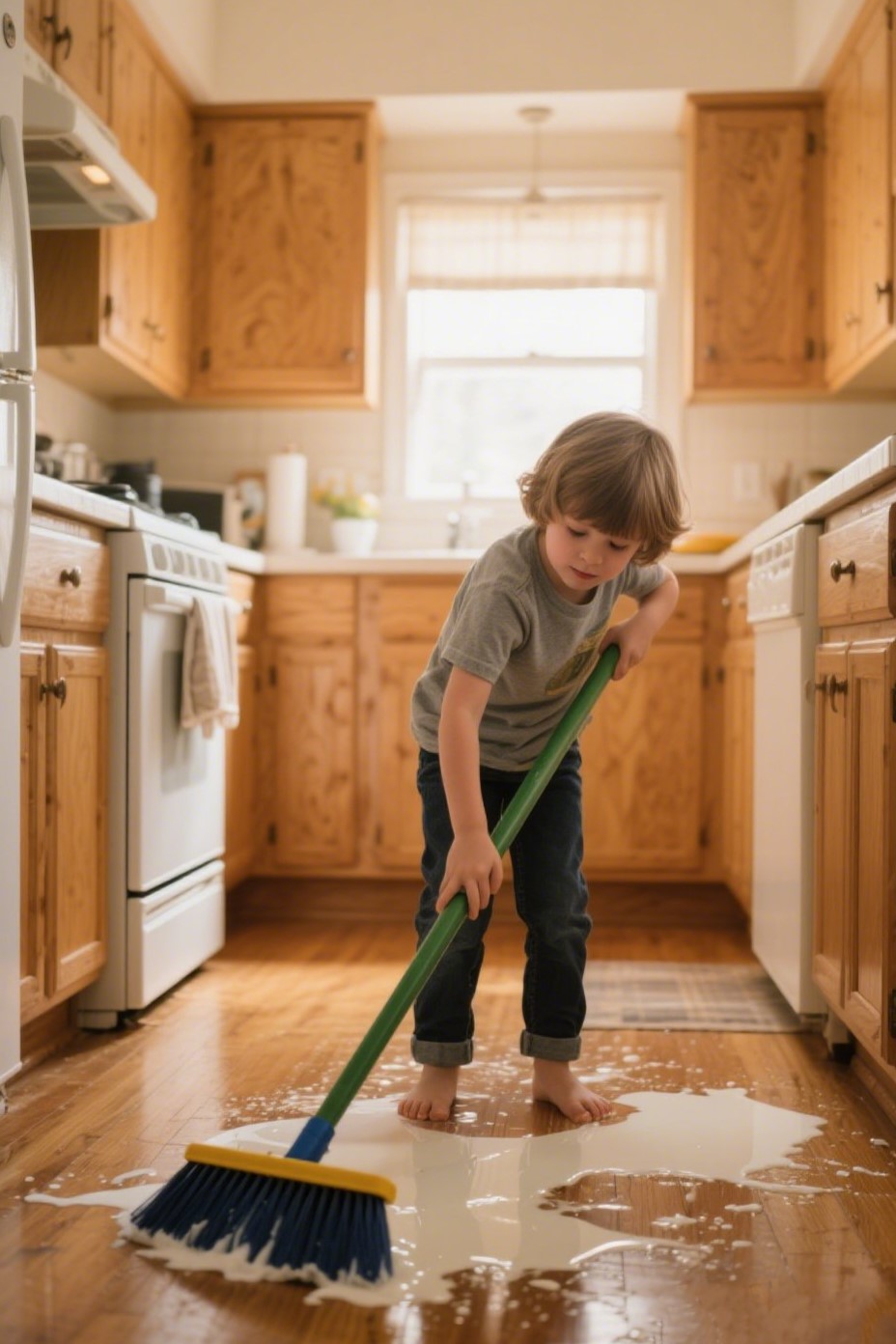
Things won’t always go perfectly. Milk gets spilled. Homework is forgotten. A plant might wilt because it wasn’t watered.
But here’s the thing: Mistakes are teachers in disguise. Giving children responsibility also means giving them the freedom to mess up—and learn how to bounce back.
They learn:
- That it’s okay to fail
- That they can fix what went wrong
- That effort matters more than perfection
And in the process, they grow not just skillful—but strong.
🧩 They Learn They’re Part of Something Bigger
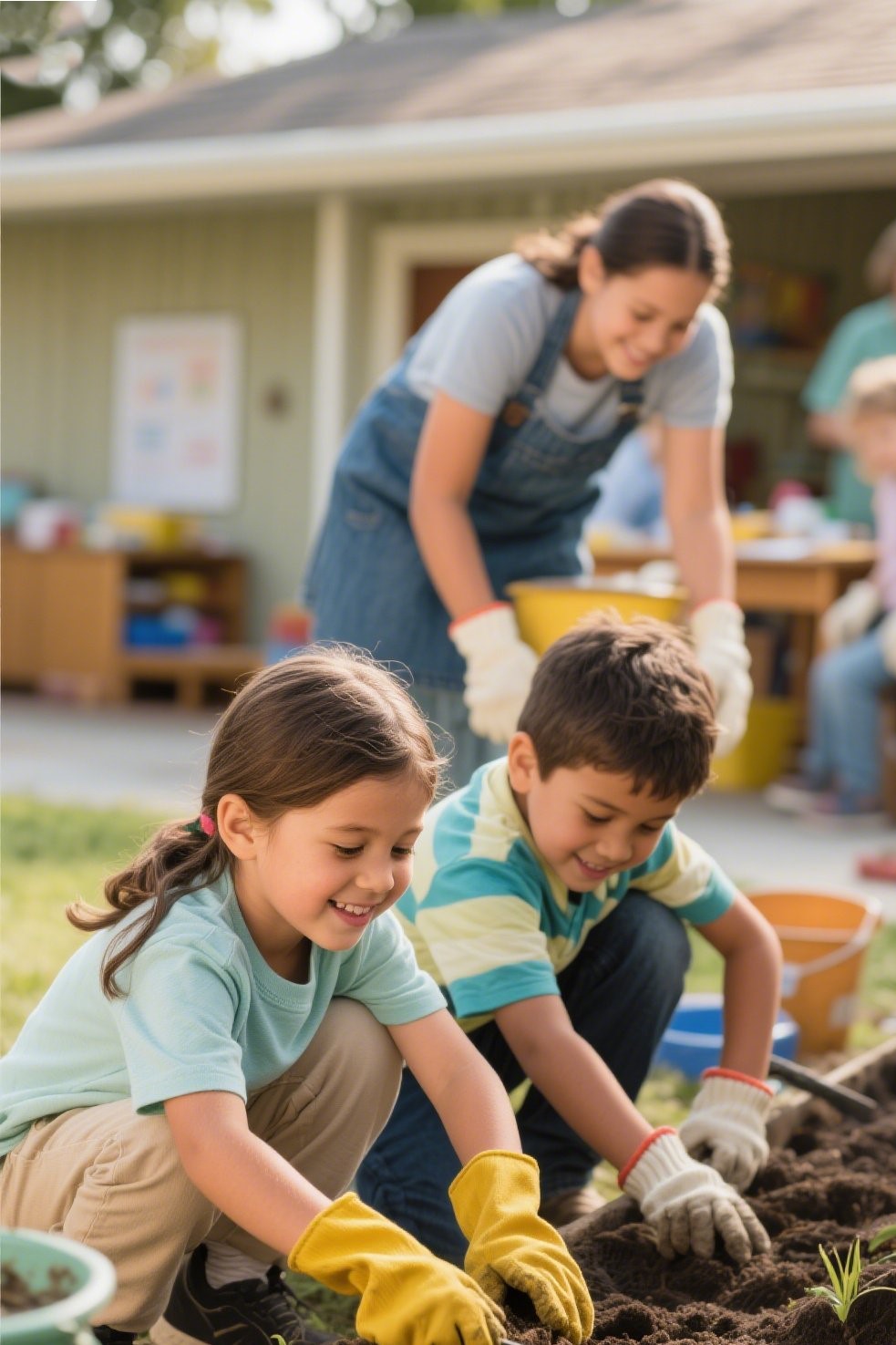
When a child helps clean the table or fold laundry, they begin to understand:
“I am part of a family. My contribution matters.”
Responsibilities foster a sense of belonging and purpose. Children learn they’re not just passengers in life—they’re participants. Whether in a home, classroom, or community, they begin to see themselves as helpers, problem-solvers, and contributors to the world around them.
🕊️ It Promotes Independence—with a Safety Net
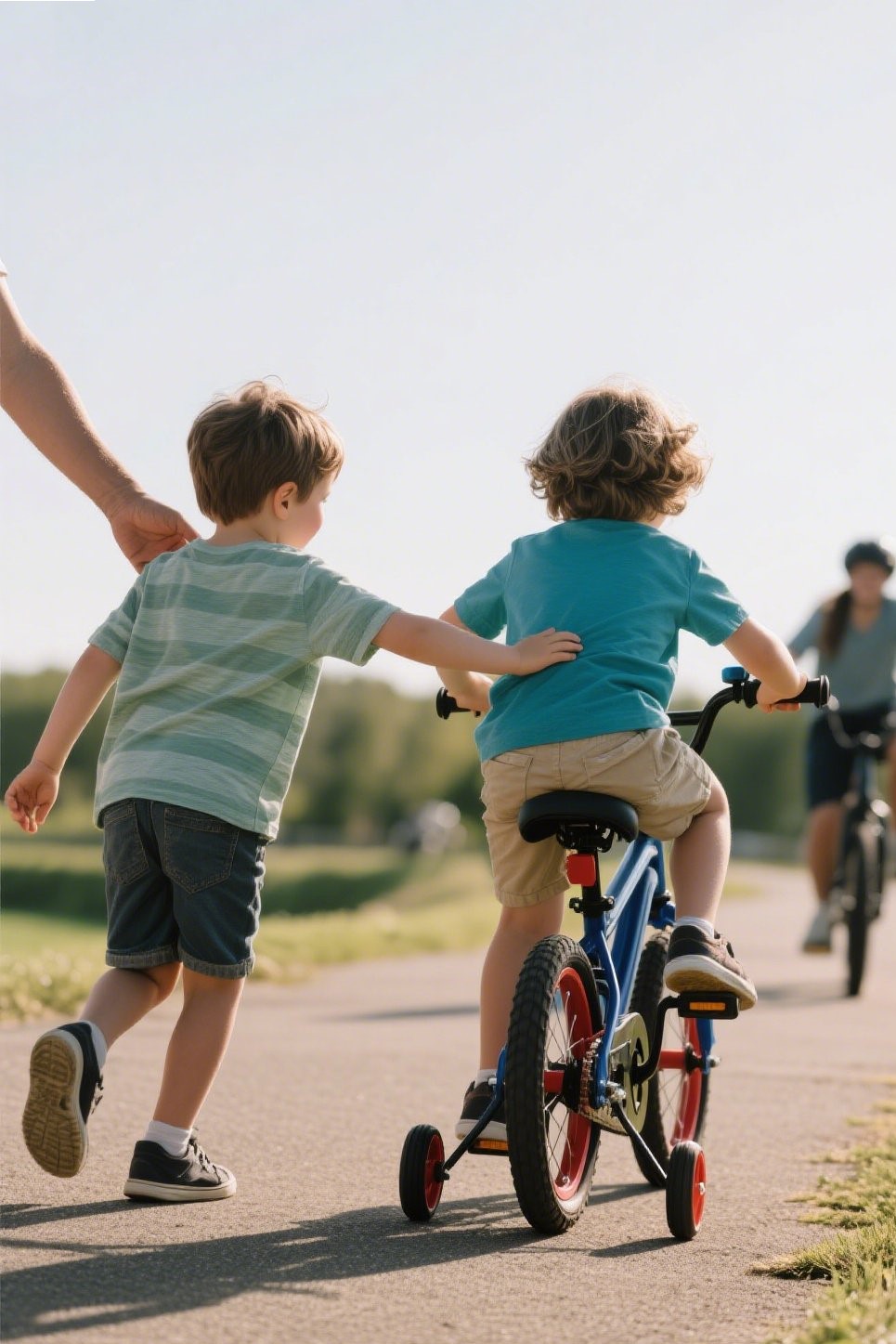
Children crave independence—even if they don’t know how to ask for it. Giving them responsibility is like handing them the training wheels to life. They get to try. To wobble. To steer.
You’re still there, cheering them on, helping when needed—but they’re learning to pedal on their own. And one day, they’ll ride farther than you thought possible.
👨👩👧 How Can You Start? A Few Fun, Age-Appropriate Ideas
Toddlers (2–4)
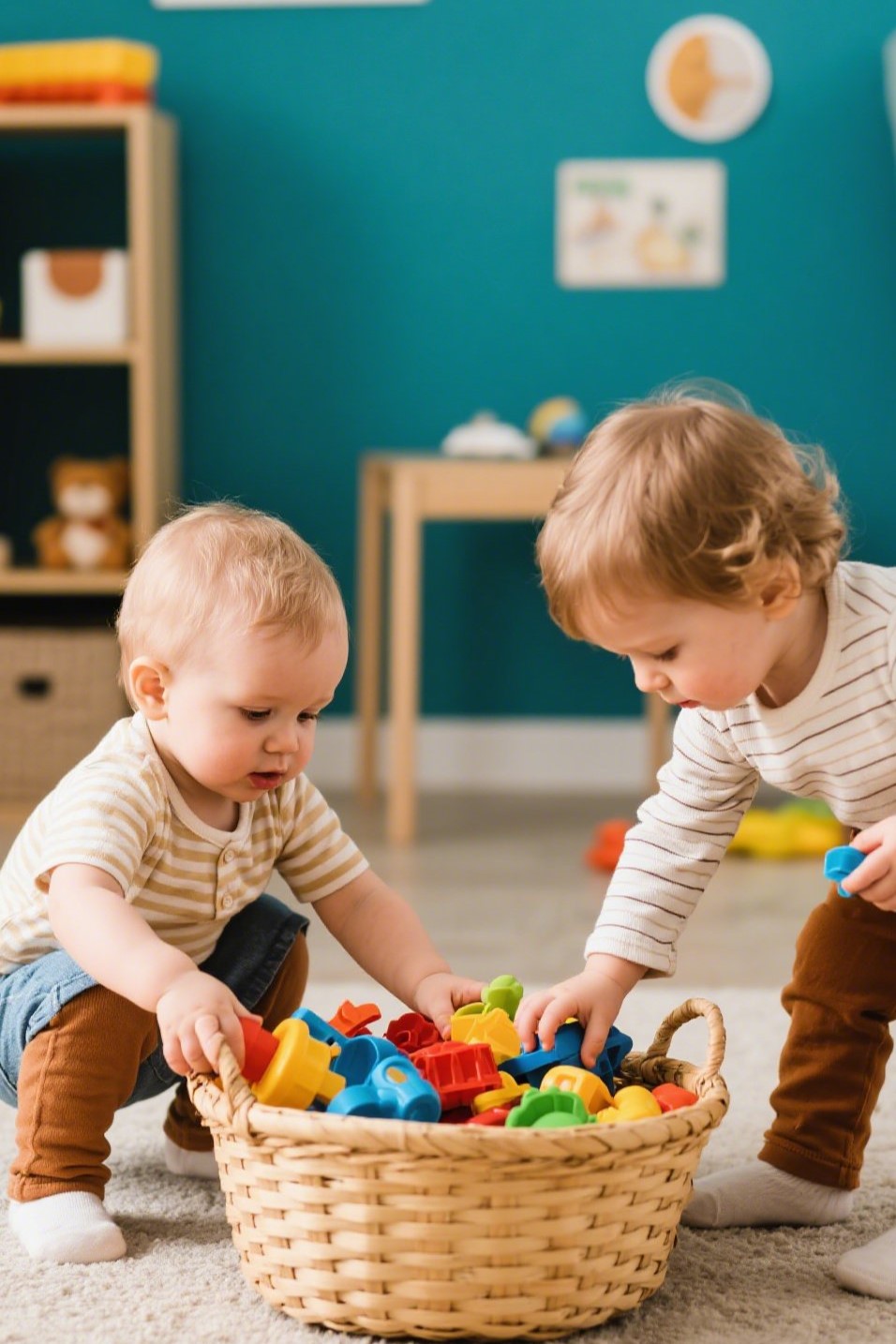
- Put toys back in the basket
- Help wipe up spills
- Carry a small bag or item for you
Young Kids (5–8)
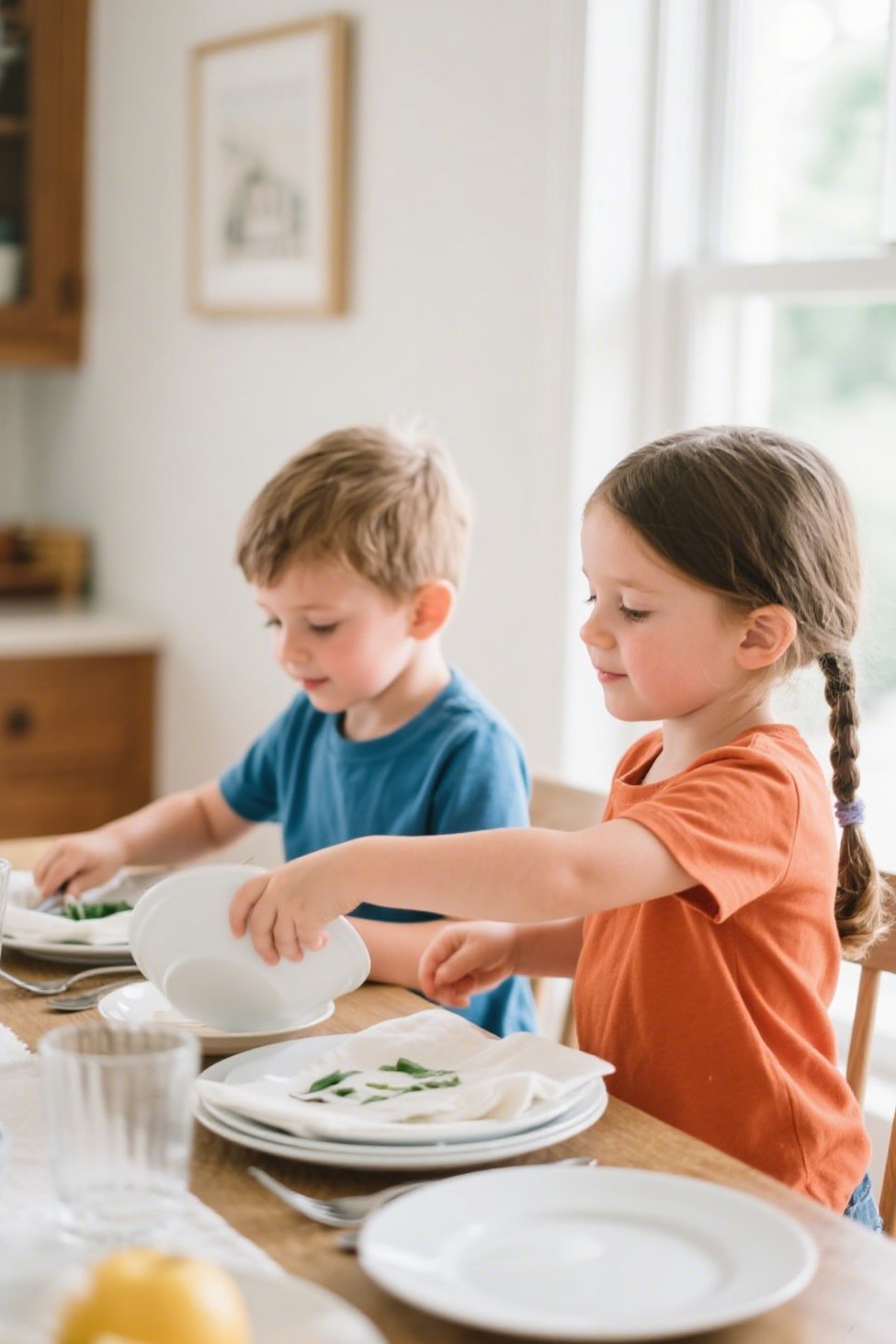
- Set the table or clear their dishes
- Water plants or feed pets
- Get dressed on their own
Tweens (9–12)
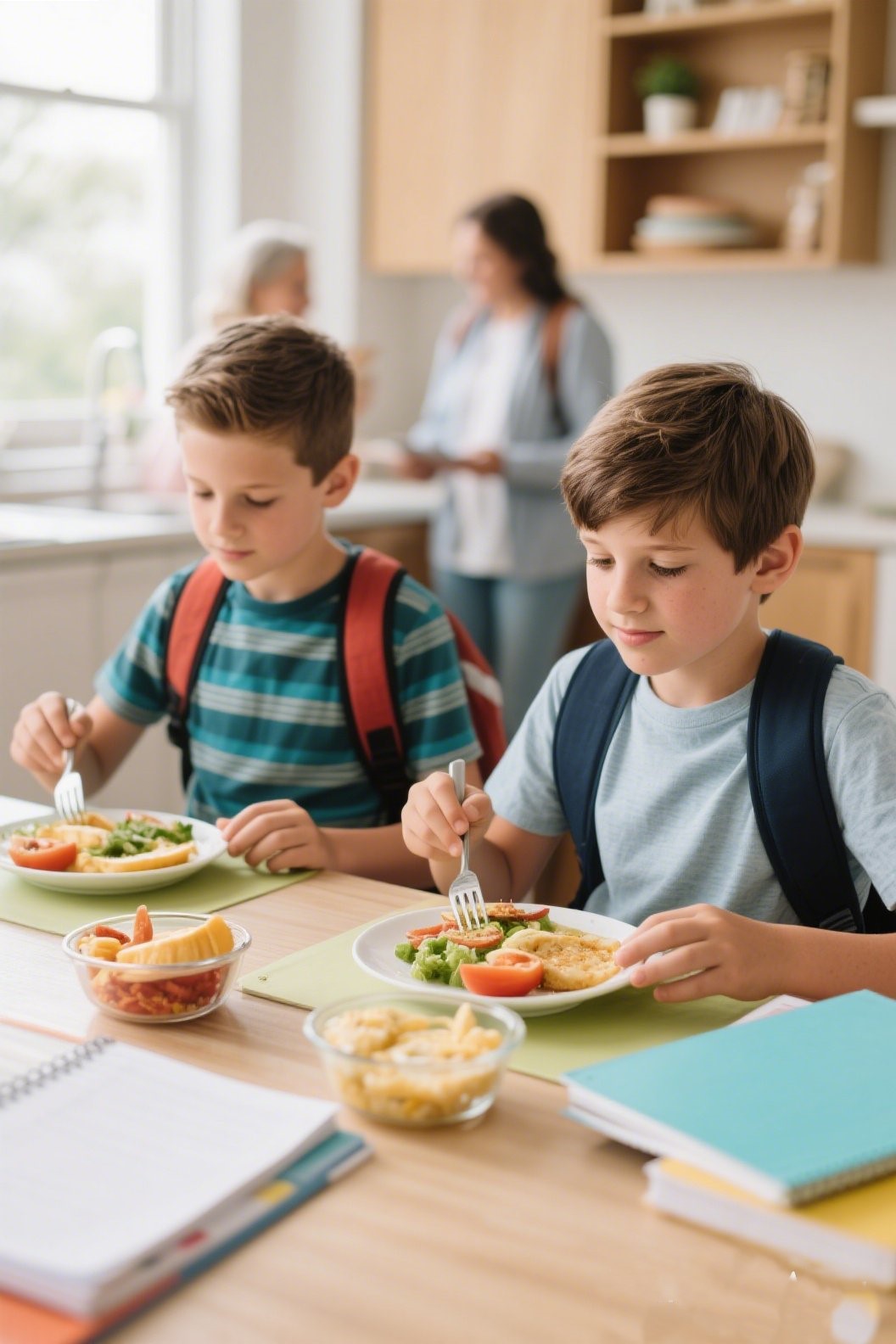
- Make simple meals or snacks
- Organize schoolwork
- Take part in planning family outings
The key? Make it playful. Make it empowering. And always praise the effort, not just the result.
💡 Final Thoughts: Raising Capable Kids, Not Perfect Ones
Giving your child responsibility isn’t about turning them into mini-adults. It’s about giving them the tools to grow into kind, confident, capable humans.
Responsibility isn’t a chore—it’s a chance.
A chance to learn.
A chance to contribute.
A chance to feel proud, useful, and trusted.
So let your child help. Let them struggle. Let them shine. You’re not just teaching them how to fold laundry—you’re teaching them how to fold life’s little moments into something meaningful.
🌟 “Children thrive not when everything is done for them—but when they’re trusted to do it themselves.”
Let them try. Let them grow. Let them lead.

